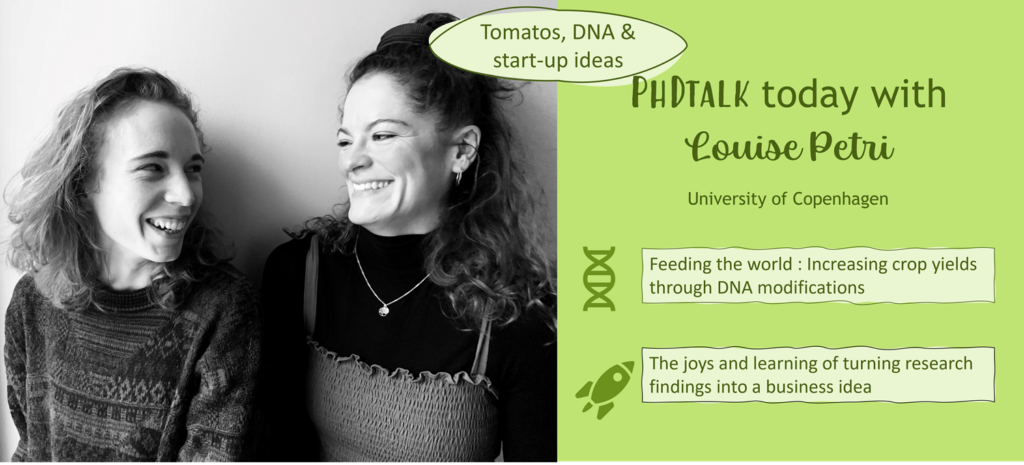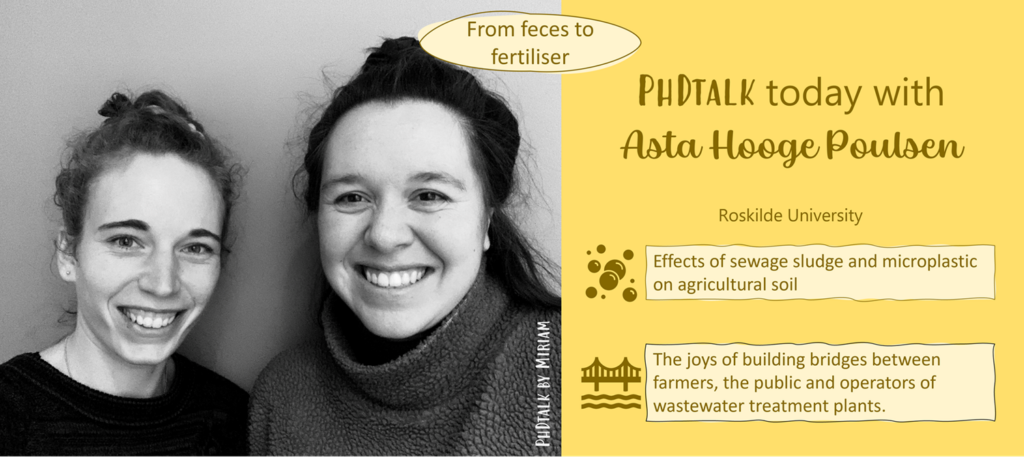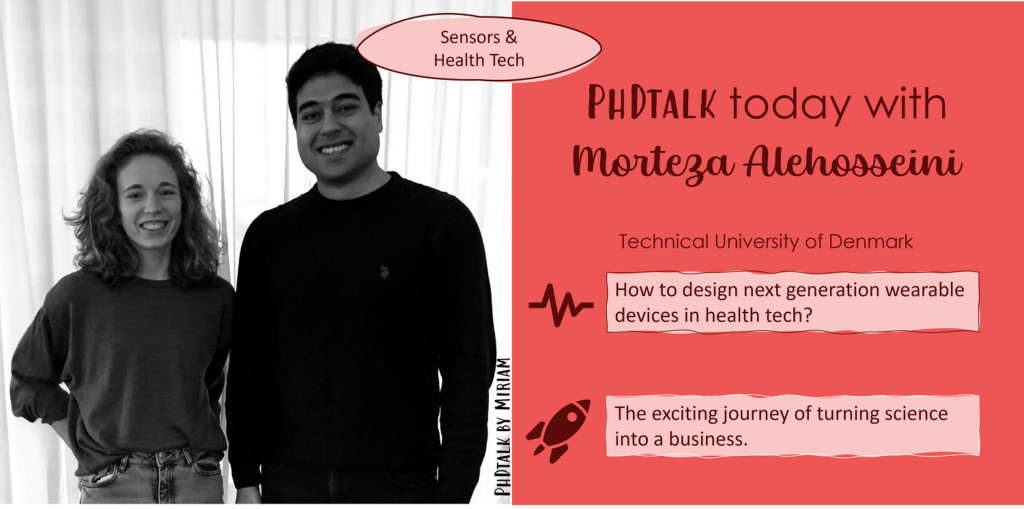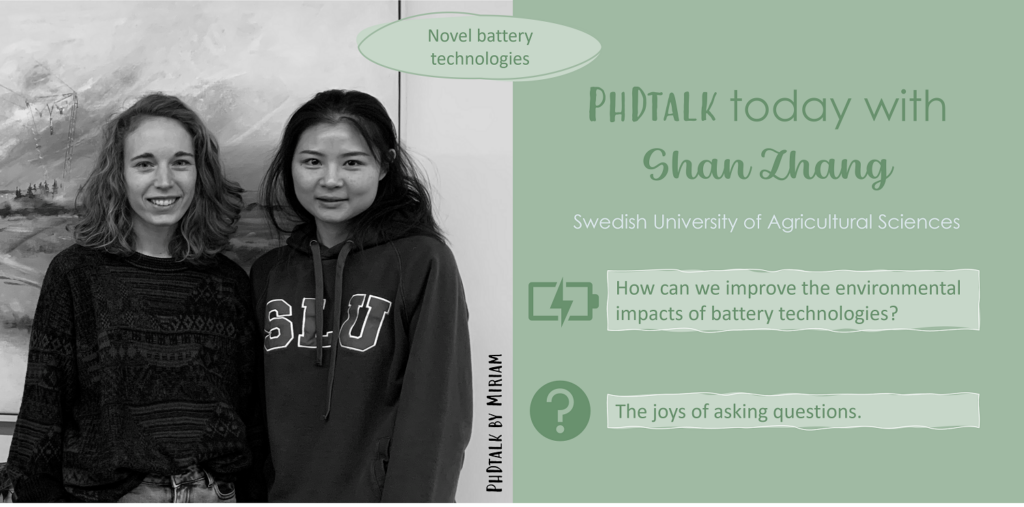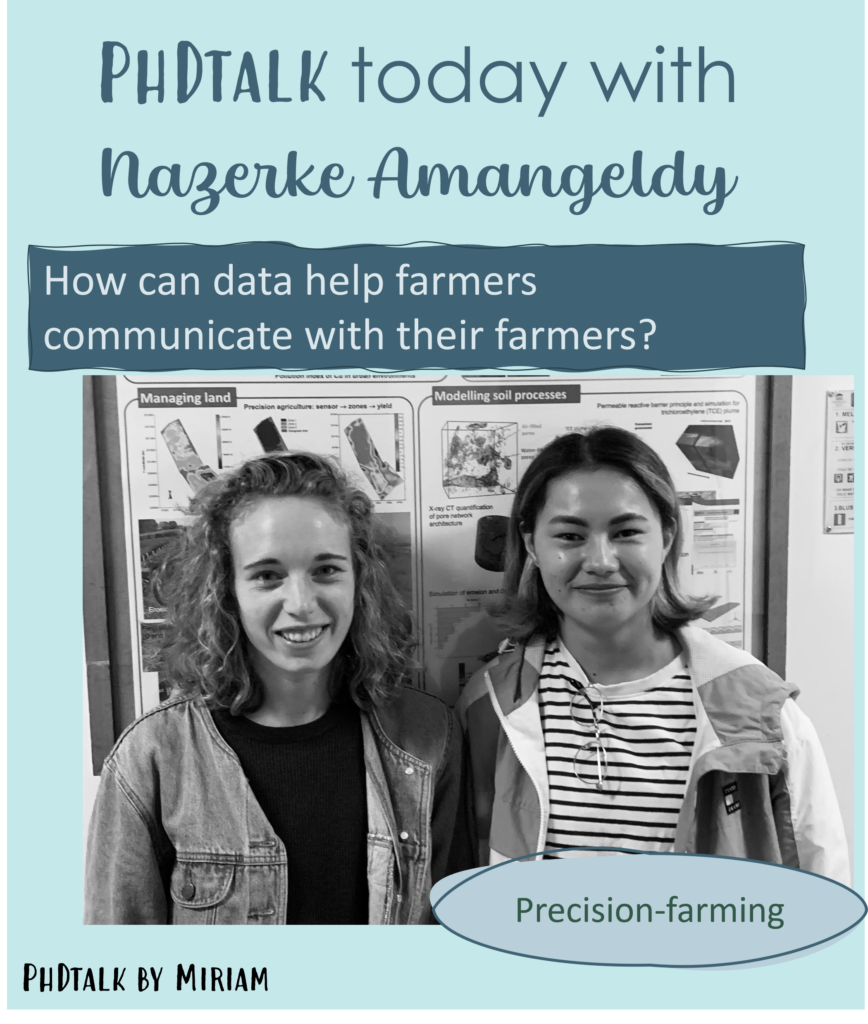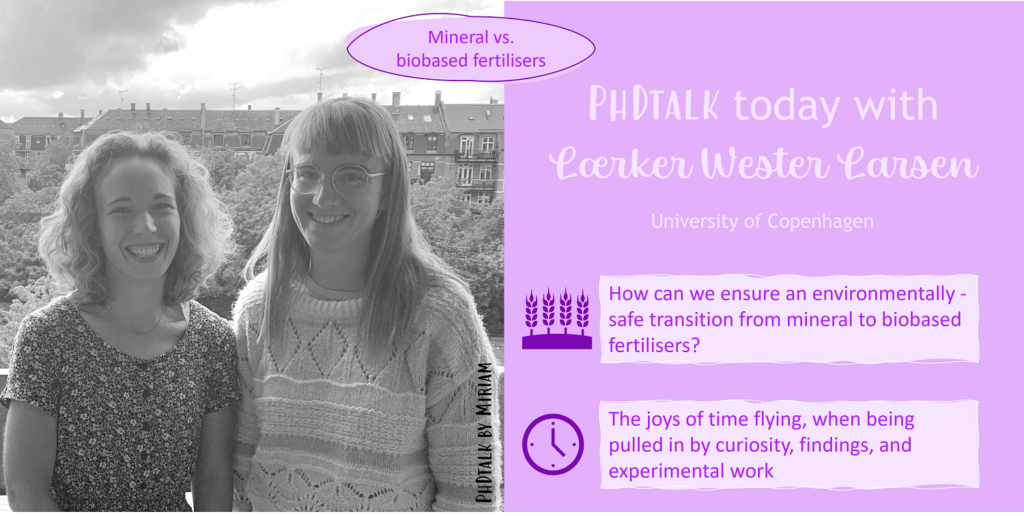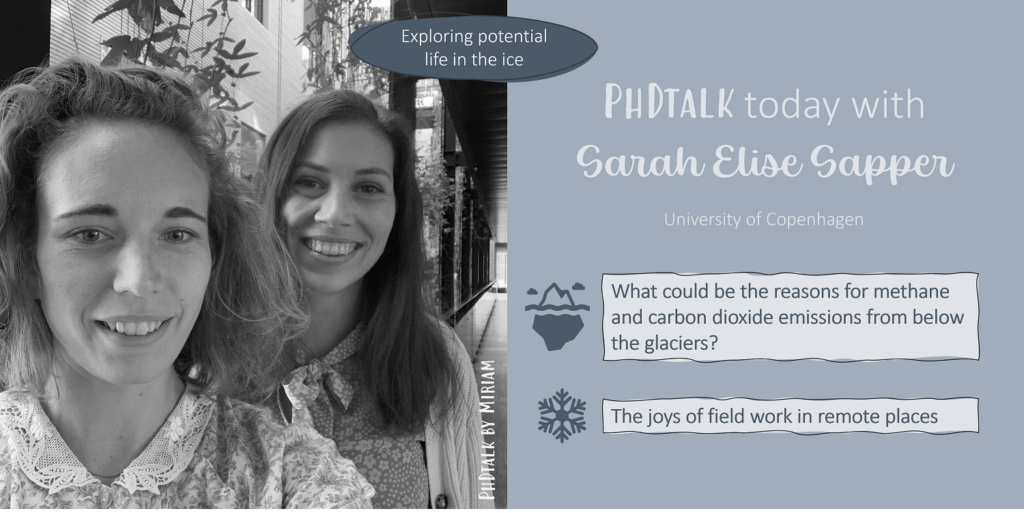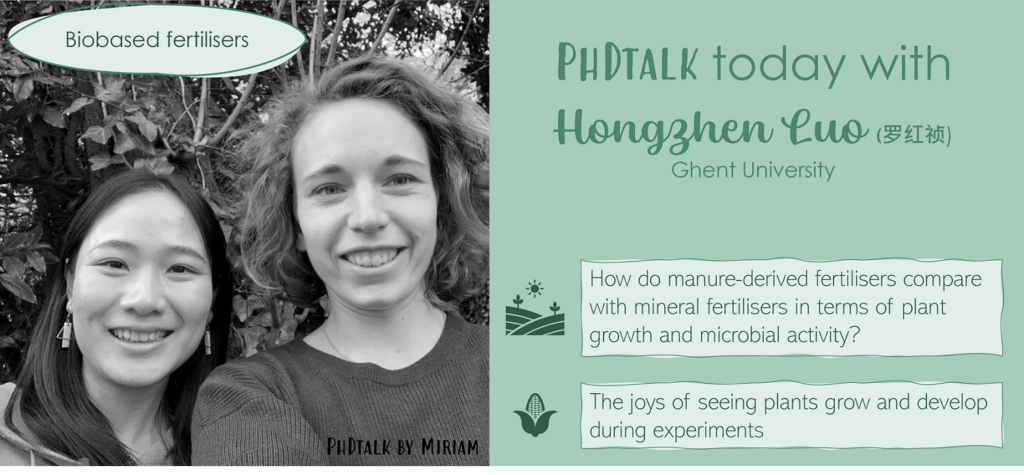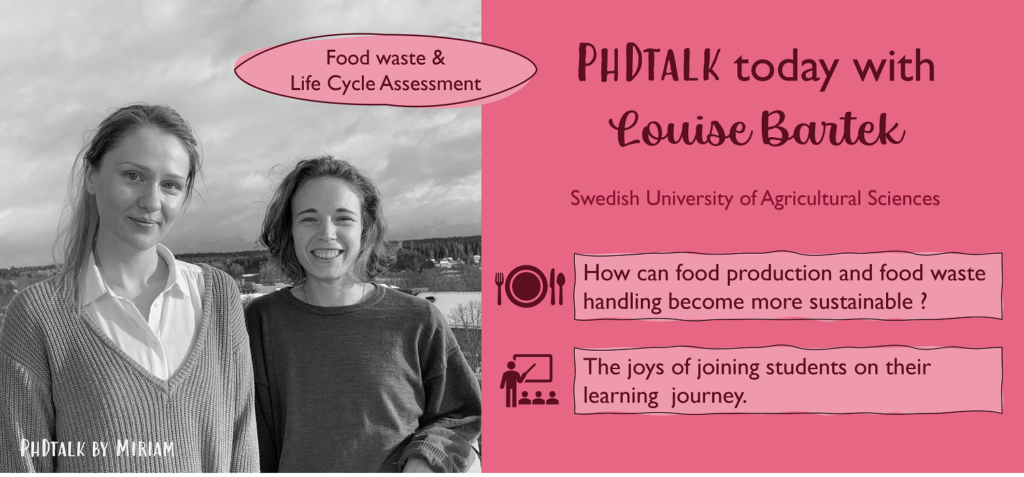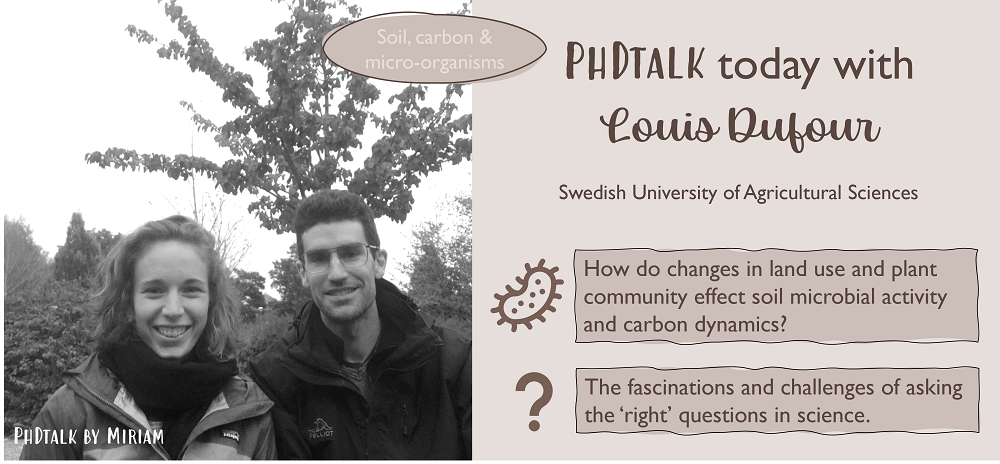#35 Louise: Facilitating greater harvest and good timing
How can GMO be used to increase yields? Louise Petri is a PhD student at the University of Copenhagen. She studies plant development and how knowledge about the functioning of proteins can be applied to obtain beneficial traits. Department & Group: Department of Plant and Environmental Sciences (PLEN), PBIO Supervisors: Fernando Geu-Flores and Stephan Wenkel […]
#35 Louise: Facilitating greater harvest and good timing Read More »
